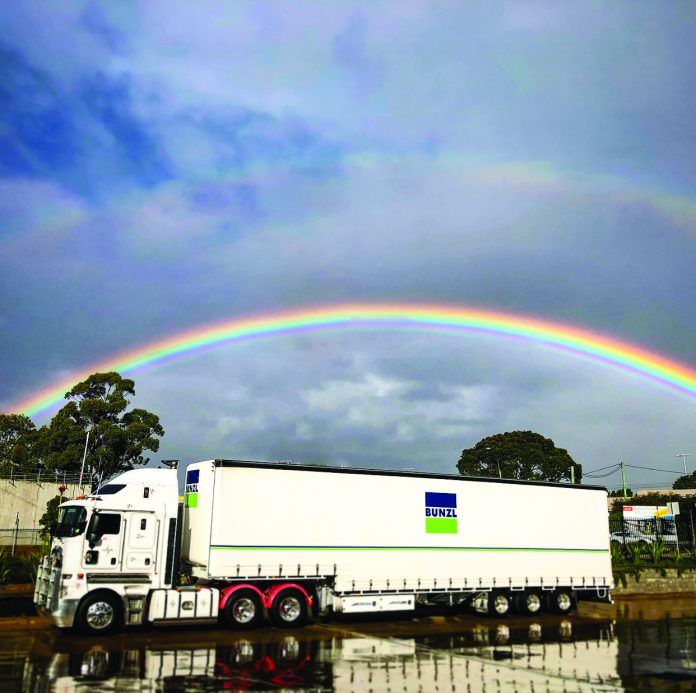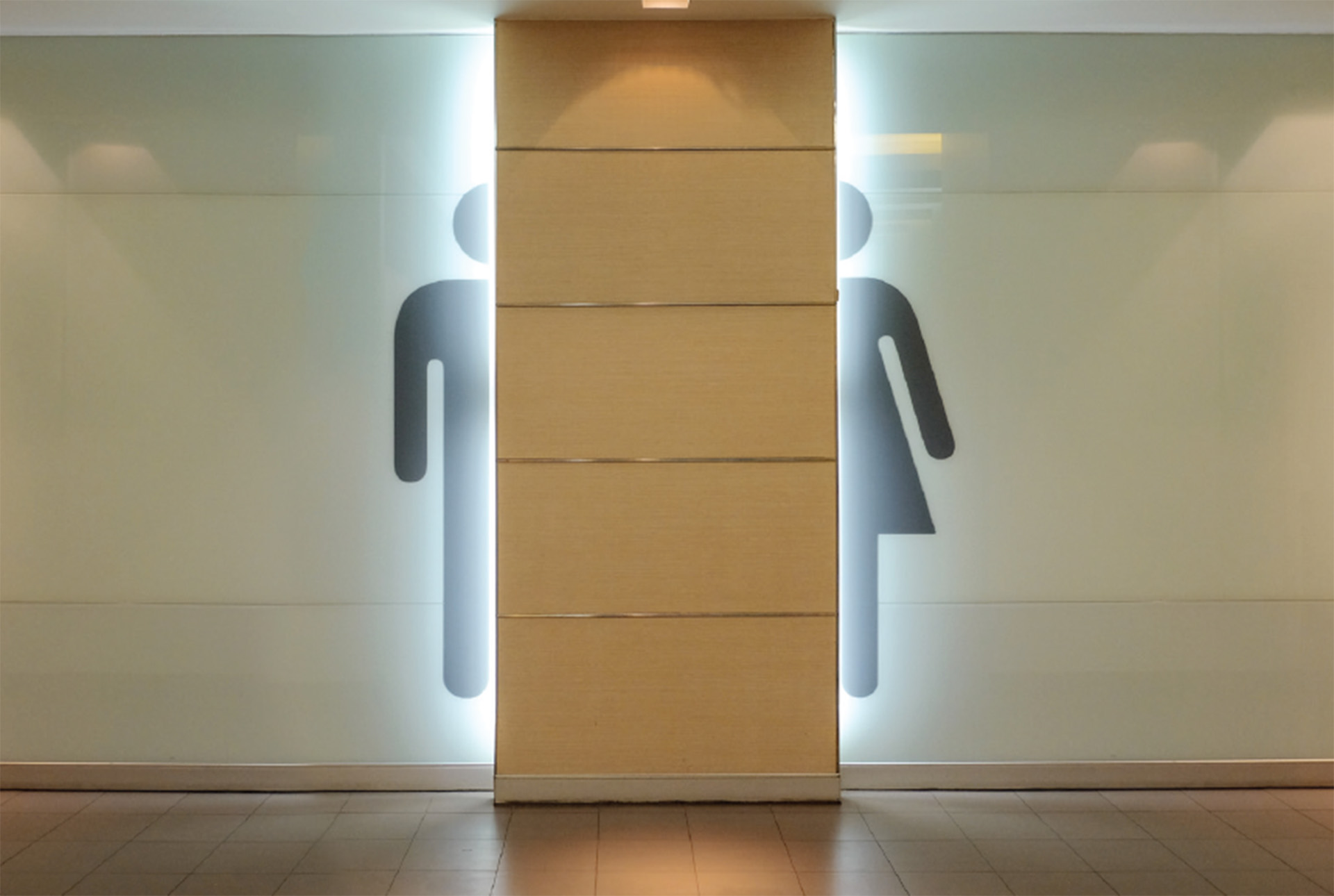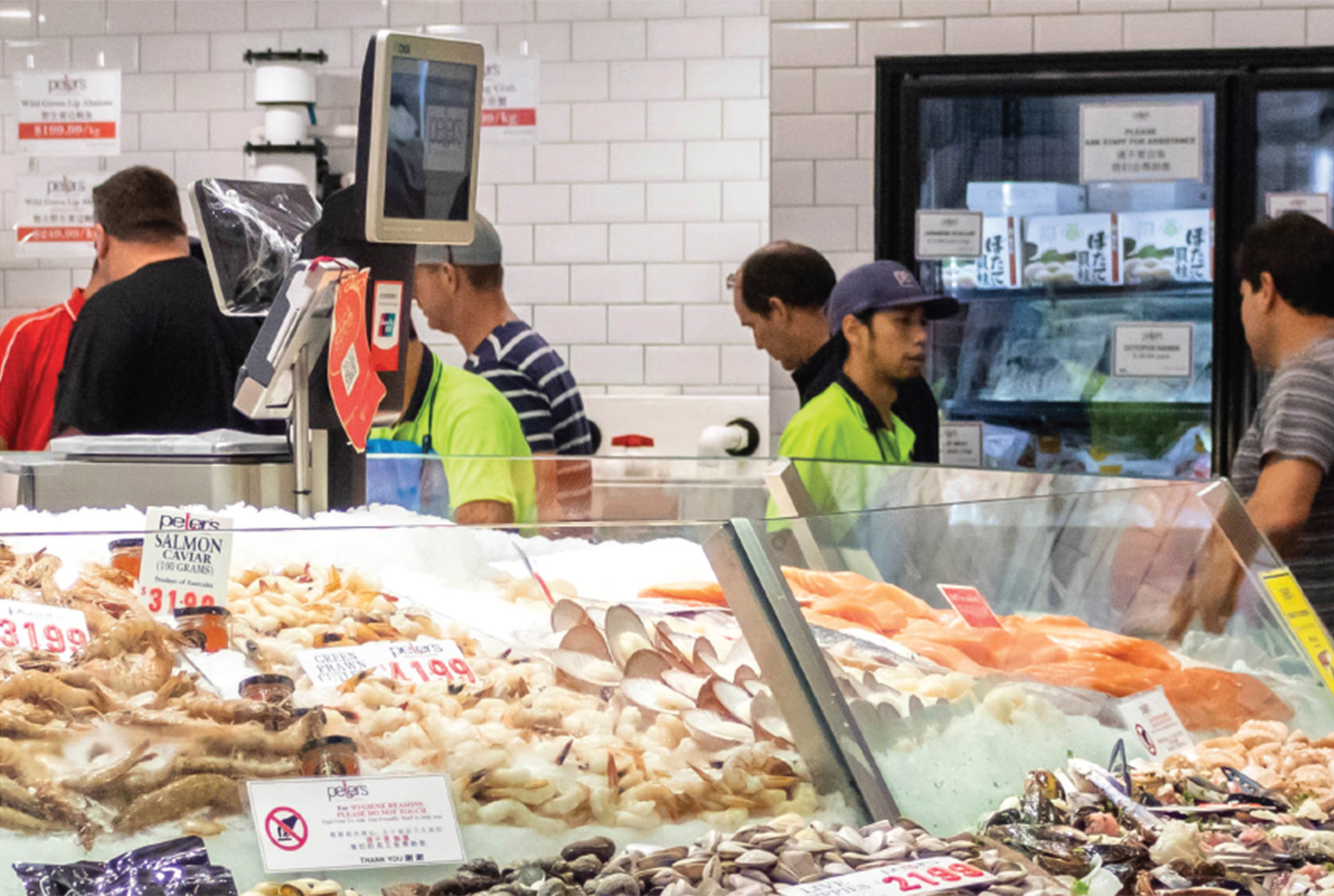
In a bid to further reduce carbon emissions, Bunzl is working on drastically cutting down the impacts of freight deliveries. With an aim already in place to reduce direct CO2 emissions from operations to zero by 2030 as part of the Asia Pacific Scope 1 & 2 Roadmap, we are now focusing on indirect emissions – Scope 3 – such as those produced in the course of deliveries.
To address the issue of emissions caused by freight deliveries, Bunzl is selecting carrier networks in Australia and New Zealand with robust vehicle replacement policies and electric-vehicle transition plans, while encouraging the optimisation of freight and trip efficiency. We are also optimising Bunzl warehousing sites by designing more productive ways of fulfilling back-orders, increasing the efficiency of consignment despatch and maximising space with more streamlined order packing.
To that end, we have begun developing a supplier engagement plan and tool to measure emissions produced by freighting goods to customers, which will be put in place this year. Informed by the Global Logistics Emissions Council (GLEC) Framework, our sustainability team, working with carbon emission calculation experts, combine and analyse sales and freight data to determine delivery emissions and identify efficiency opportunities, such as order frequency at specific locations.
Most importantly, we are working with our partners and customers to achieve our net zero goals. Alongside companies worldwide, Bunzl is committed to the UN’s Business Ambition for 1.5°C and Race to Zero, with aims to be 25% more carbon efficient by 2025, 50% more efficient by 2030, and net zero by 2050.








